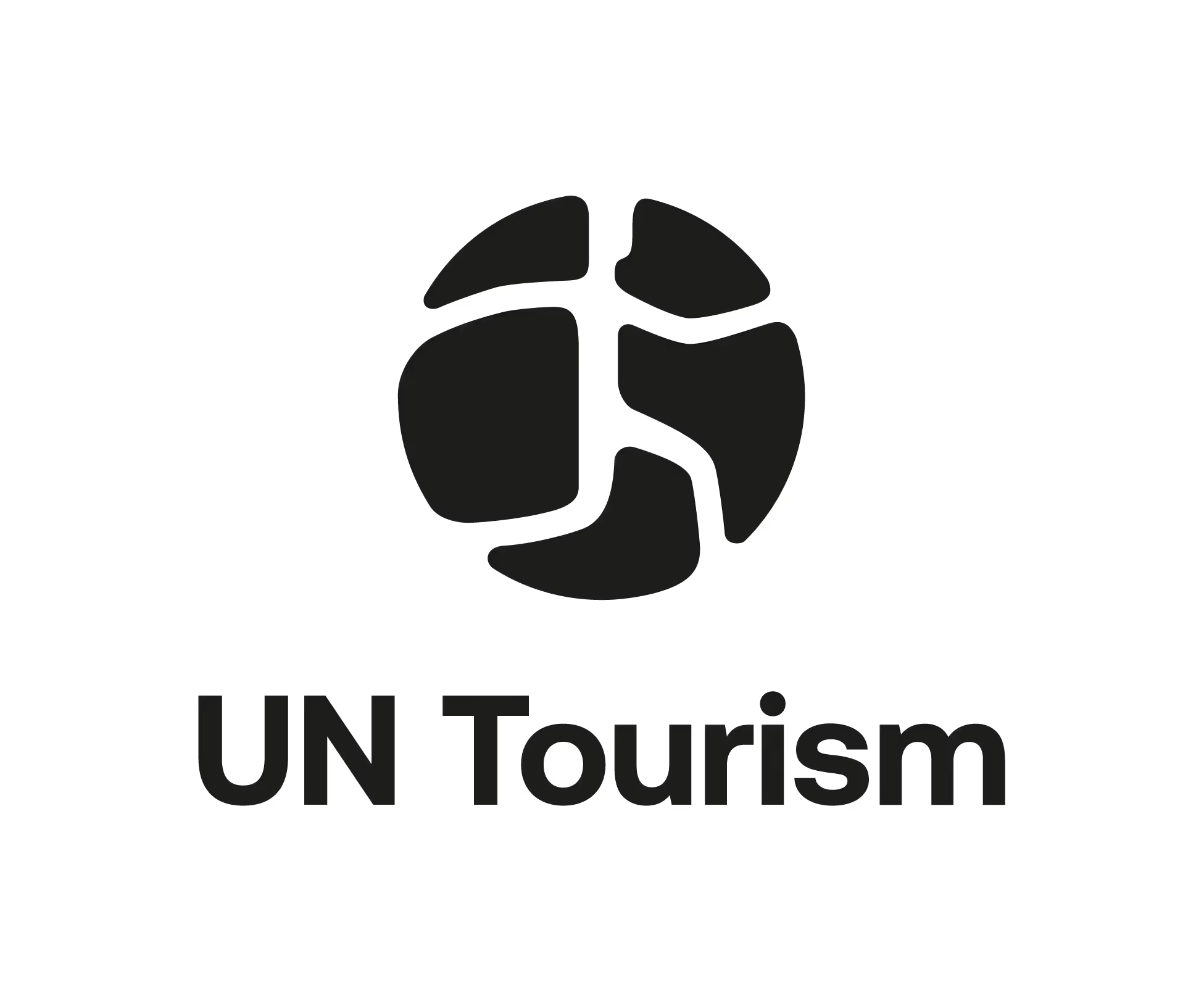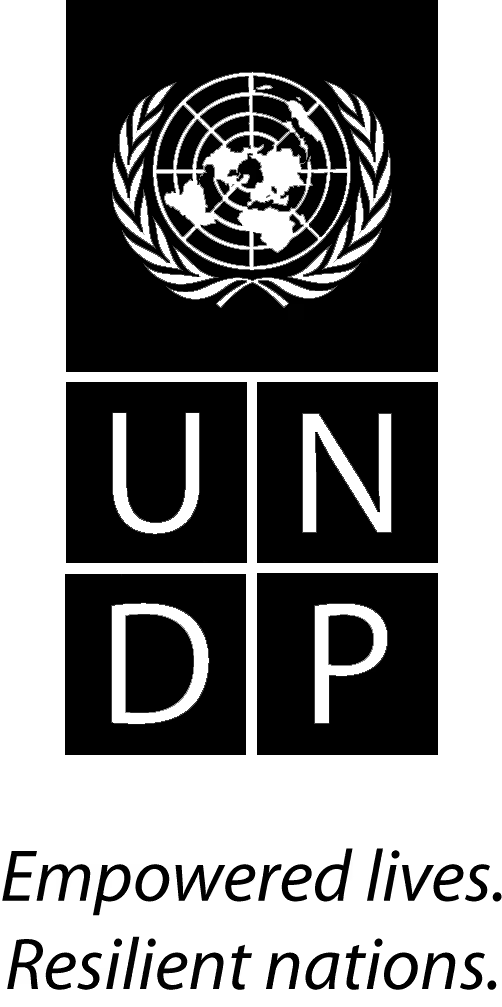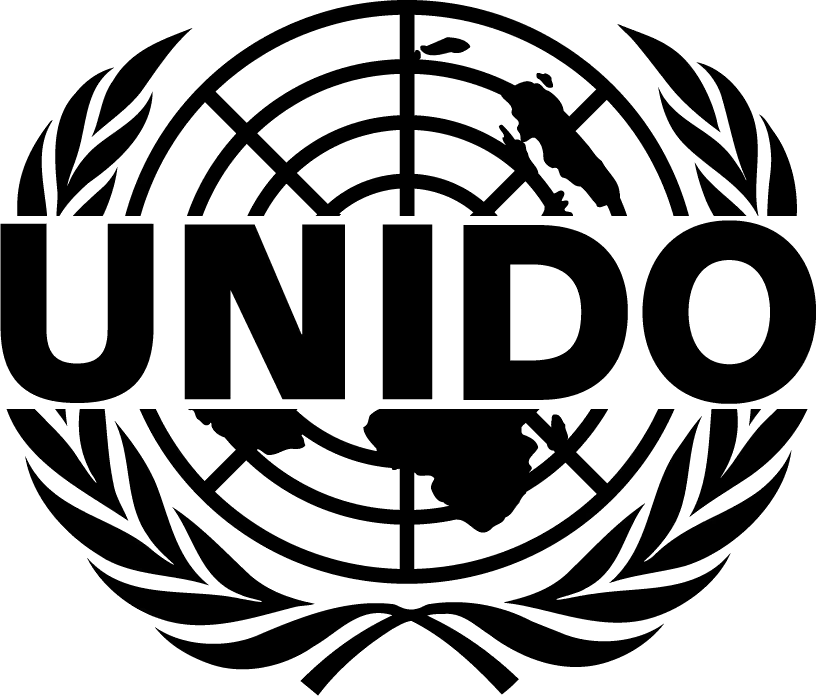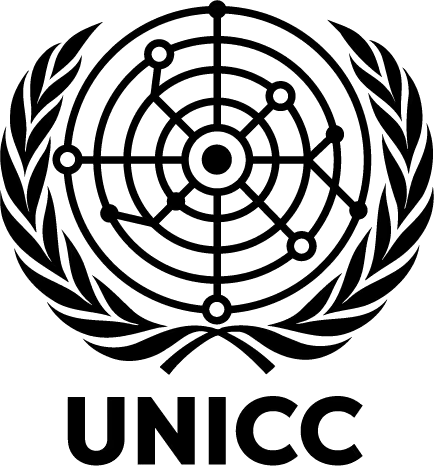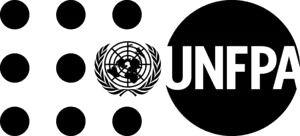
Behavioural Science in the UN
Many policies and programmes designed to help achieve the Sustainable Development Goals require people, communities or decision makers to change their behaviours to generate impact. This could be attending a training or participating in a meeting, voting, saving money, taking medicine or allowing a child to go to school. If a programme fails to provide the necessary information or means to encourage the desired behavioural change the programme is unlikely to be successful.
Behavioural Science (BeSci) can help enable interventions to produce the desired behavioural change. Behaviourally informed interventions leverage what is known about human behaviour and decision-making, and invest in better diagnosing specific behavioural barriers and enablers to help people achieve their aims.
Secretary-General's Guidance Note on Behavioural Science
UN Behavioural Science Report
The UN Secretary-General encourages the use of Behavioural Science
Behavioural Science has gained momentum across the UN since the launch of the Secretary-General's Guidance Note on Behavioural Science in 2021. The Secretary-General's Guidance Note urges the UN to explore and apply behavioural science in programmatic and administrative areas and to work together in an interagency way to realise behavioural science’s tremendous potential for impact towards the SDGs and the mandates of the UN. Published as a companion to the Guidance Note, the UN Behavioural Science Report describes the experiences of 25 UN Entities and key enablers in applying behavioural science in the UN.
The UN Secretary-General’s commitment to behavioural science is reaffirmed by its inclusion in the Secretary-General’s “Quintet of Change”, which highlights key capabilities for a "UN 2.0".
The UN Behavioural Science Group supports the adoption of BeSci
Supported by the Executive Office of the UN Secretary-General and the UN Innovation Network, the UN Behavioural Science Group brings together over 1,000 UN colleagues from 60+ UN entities and 110+ countries interested in the application of behavioural science, as well as several thousand non-UN observers. The Group hosts ongoing practical discussions at the working and senior levels, including knowledge-sharing webinars and discussions with behavioural science practitioners from the UN, academia and the Member States.
In addition to supporting the vision of the Secretary-General, the UN Behavioural Science Group collaborates with working level UN colleagues and Member States to produce technical guidance such as the UN Practitioner’s Guide to Getting Started with Behavioural Science and knowledge products. It also brings behavioural scientists from the Global North and South into the UN to work on projects through the pilot UN Behavioural Science Fellowship Programme, thereby practically creating a mechanism for progressing the application of BeSci.
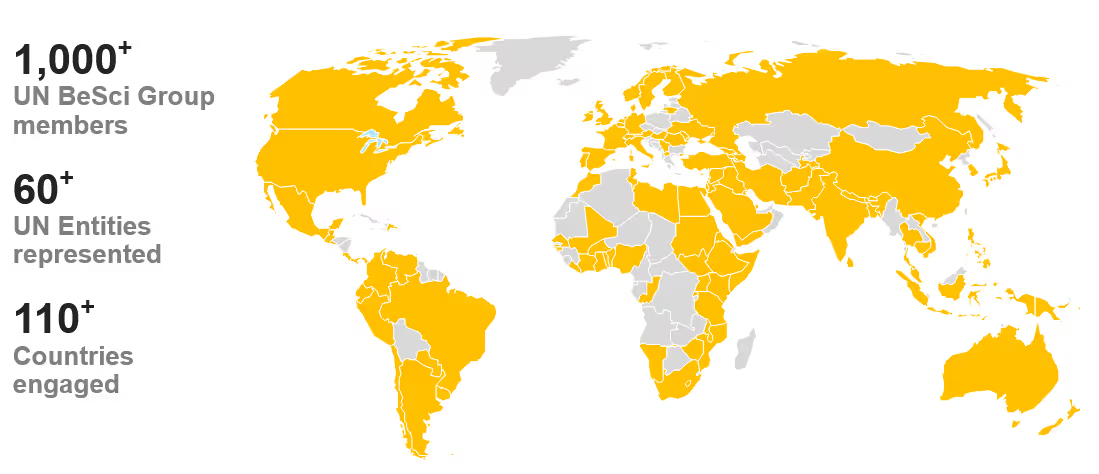
UN Behavioural Science Weeks showcase BeSci across the UN
The UN Behavioural Science Group recently coordinated the 5th UN Behavioural Science Week which brought together 26 UN Entities across 17 events. Attended by thousands in and outside of the UN, sessions took place on health, climate, peace and security, gender, artificial intelligence and more. Speakers included USG Guy Ryder, UNU Rector Tshilidzi Marwala, UNFPA ASG Diene Keita, academics from universities such as Harvard, Stanford and the London School of Economics and representatives from Governments including Germany and the US. Here are the 2023 UN Behavioural Science Week:
Previous UN Behavioural Science Weeks have featured Nobel Prize Winners such as Professors Abhijit Banerjee and Richard Thaler, as well as USAID Administrator Samantha Power and many others speaking to their work from the UN. Further information can be found here:
- UN Behavioural Science Week 2022: Agenda, recordings and summary takeaways
- UN Behavioural Science Week 2021: Agenda and recordings
Get in touch!
If you are interested in collaborating and/or supporting the UN Behavioural Science Group, please contact us.
We are particularly keen on learning about UN behavioural science applications and engaging with Member States interested in and applying behavioural science.

Innovation in
Behavioural Science

Behavioural Science
Blog Posts
Featured
Behavioural Science
Publications
UN Practitioner's Guide to Getting Started with Behavioural Science



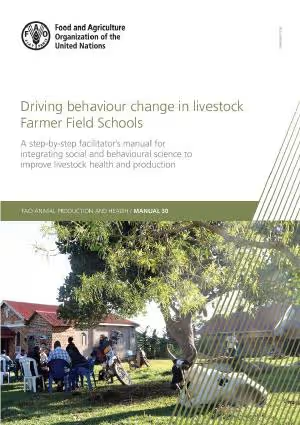
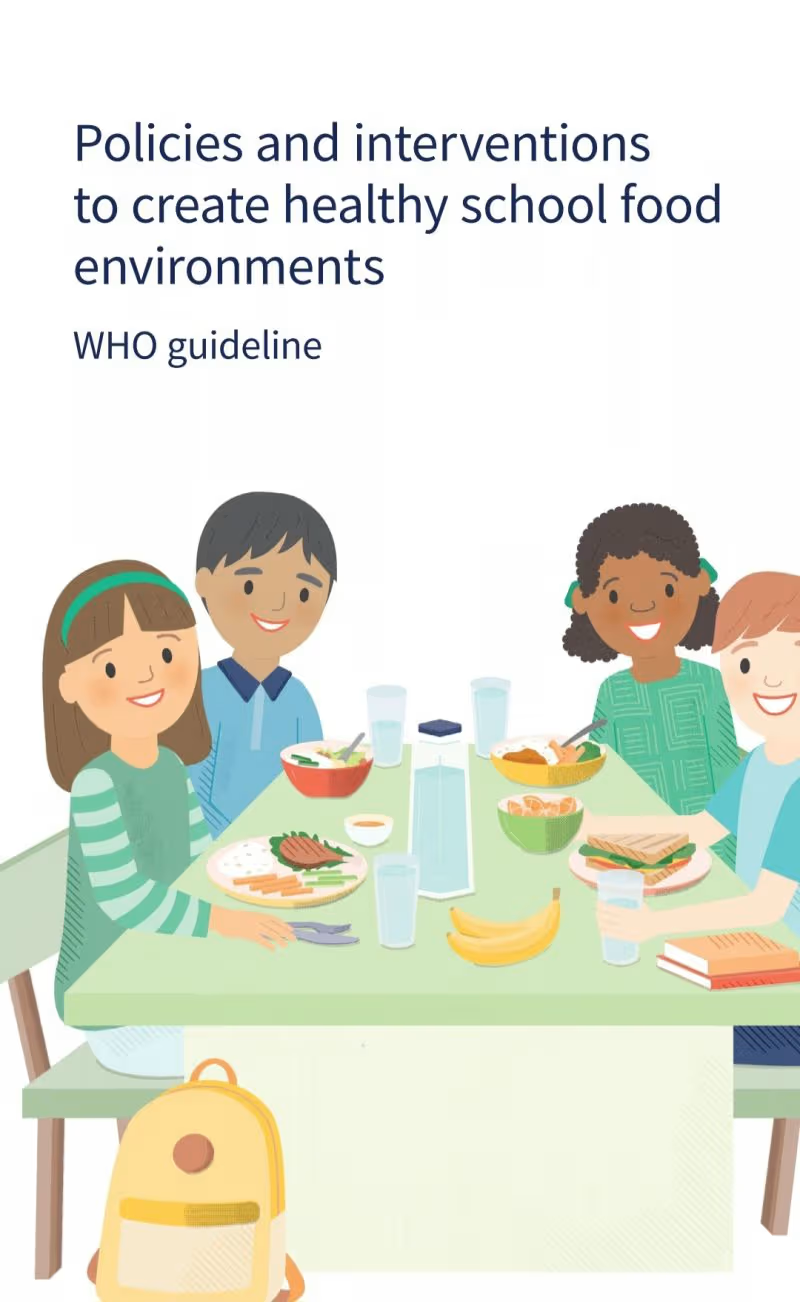
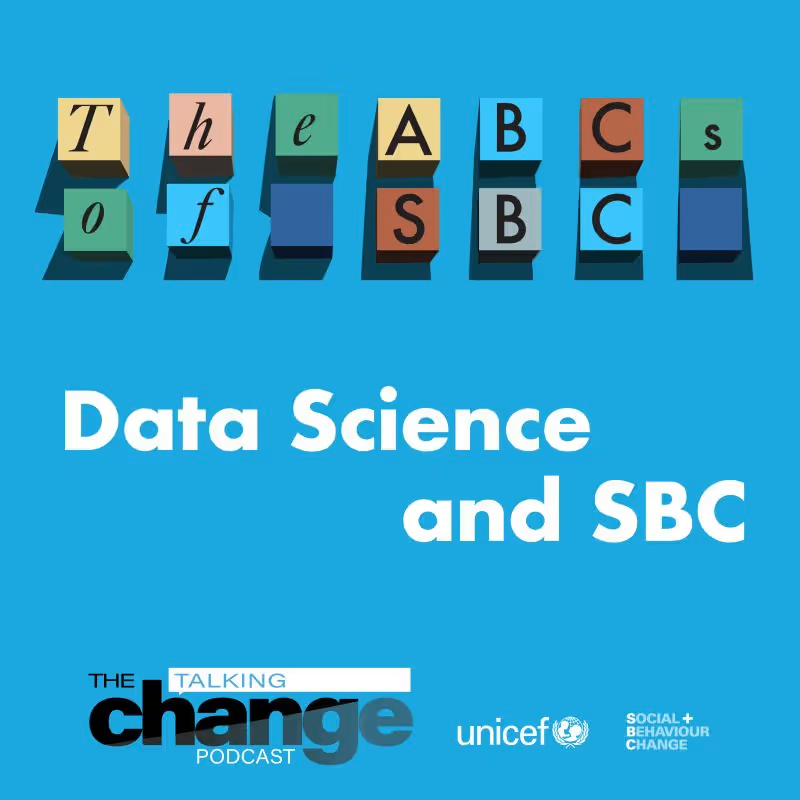

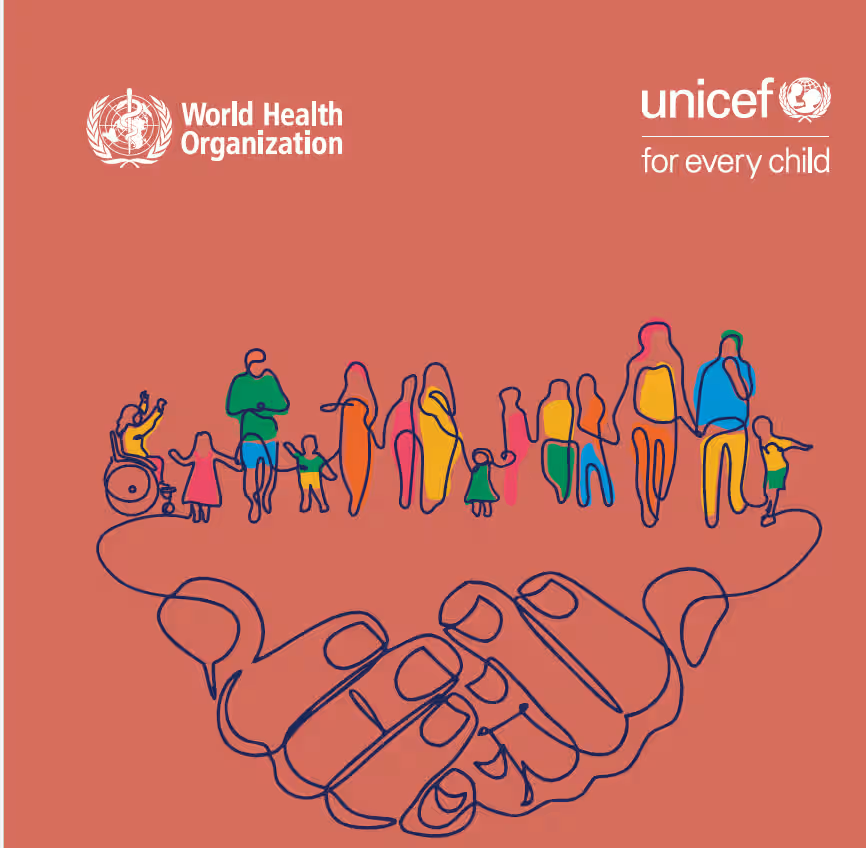
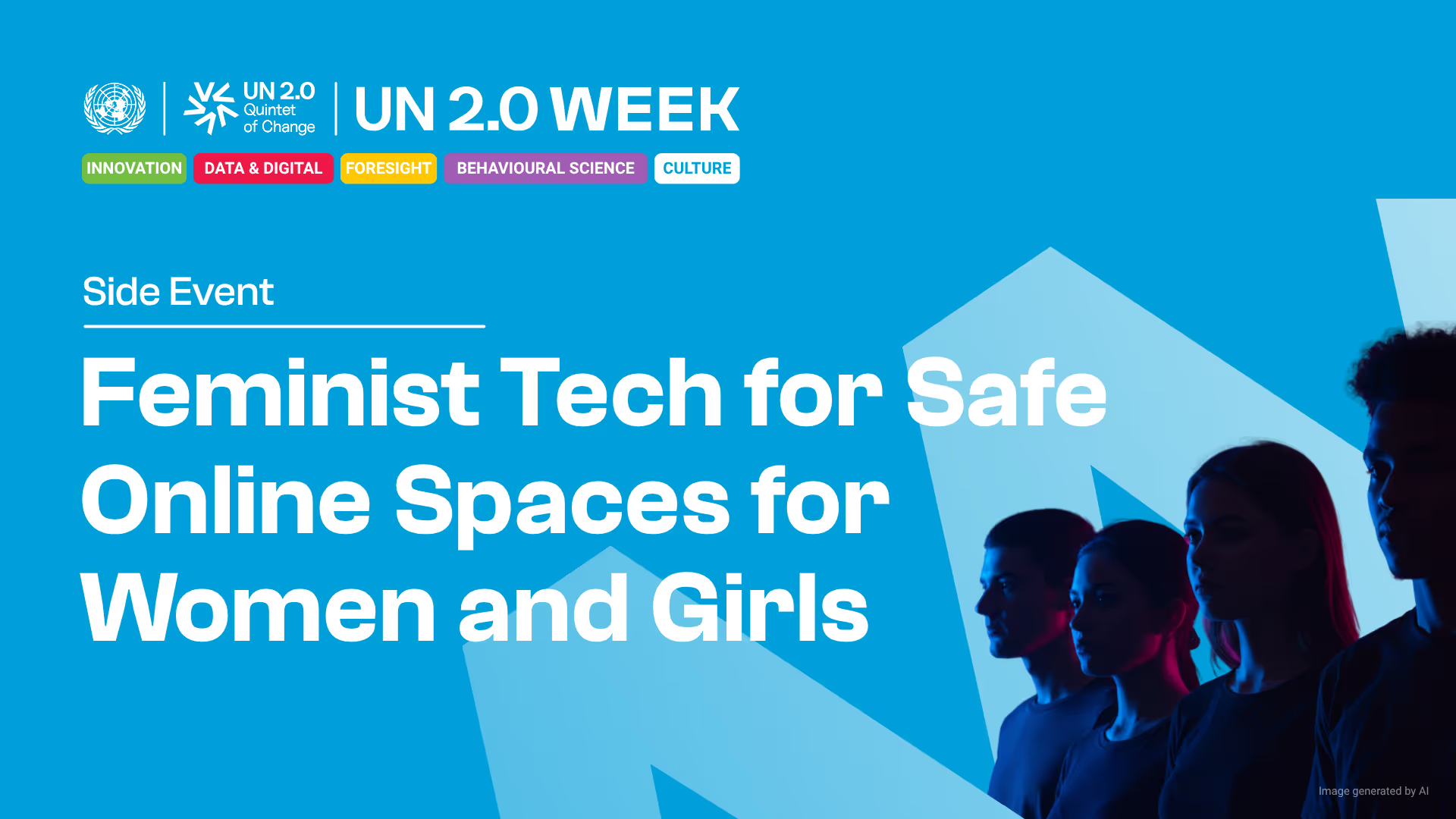
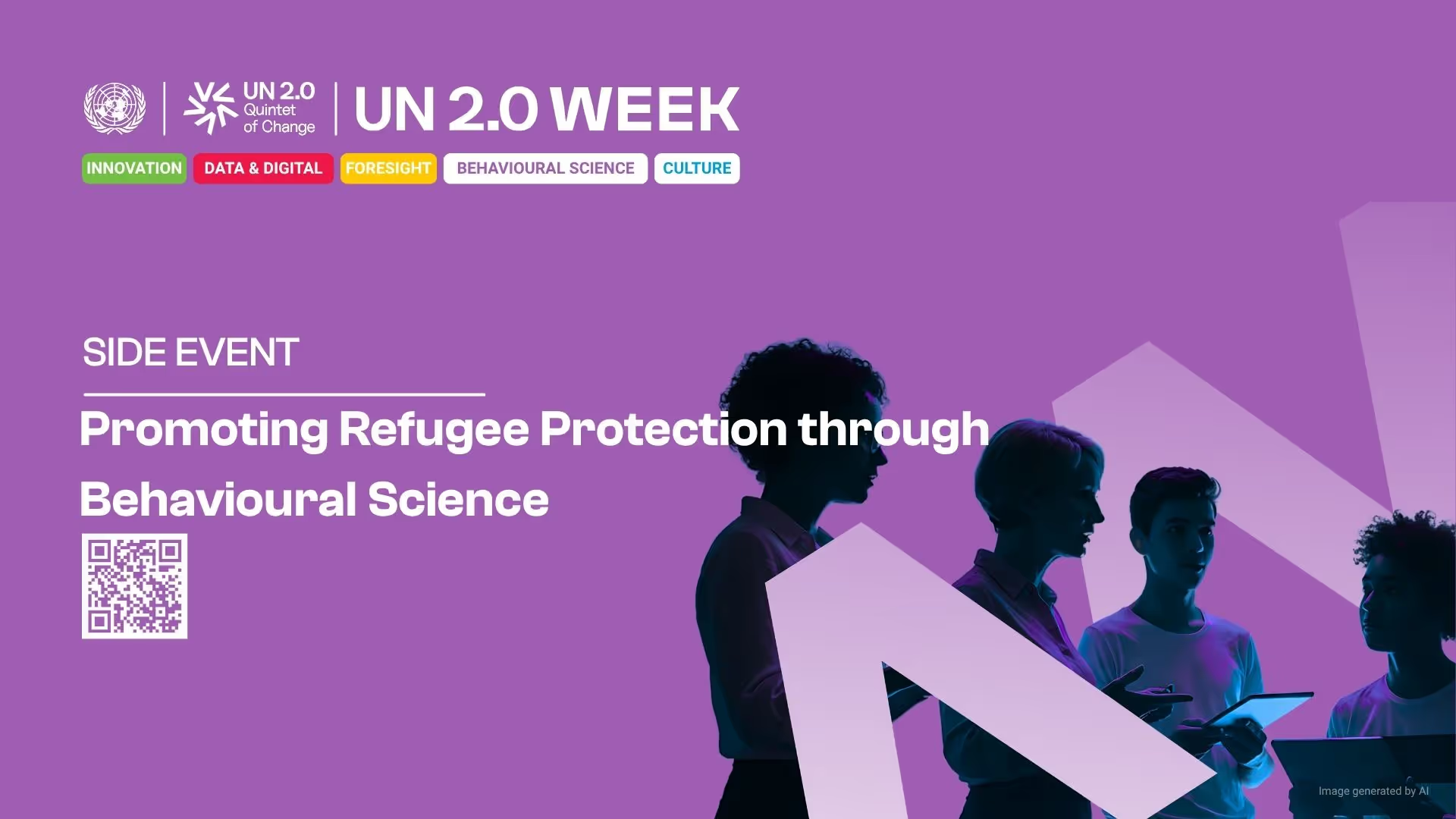
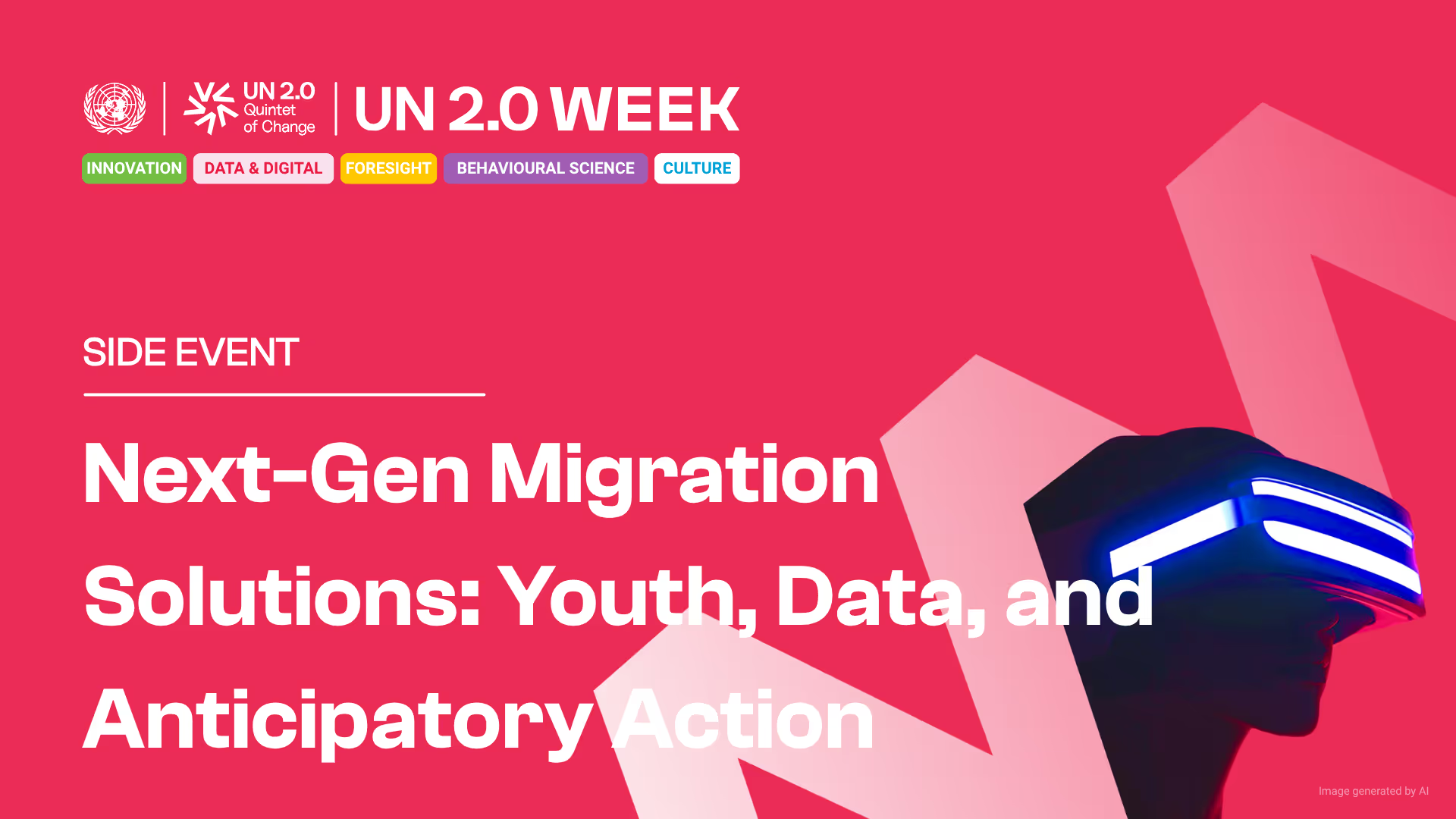
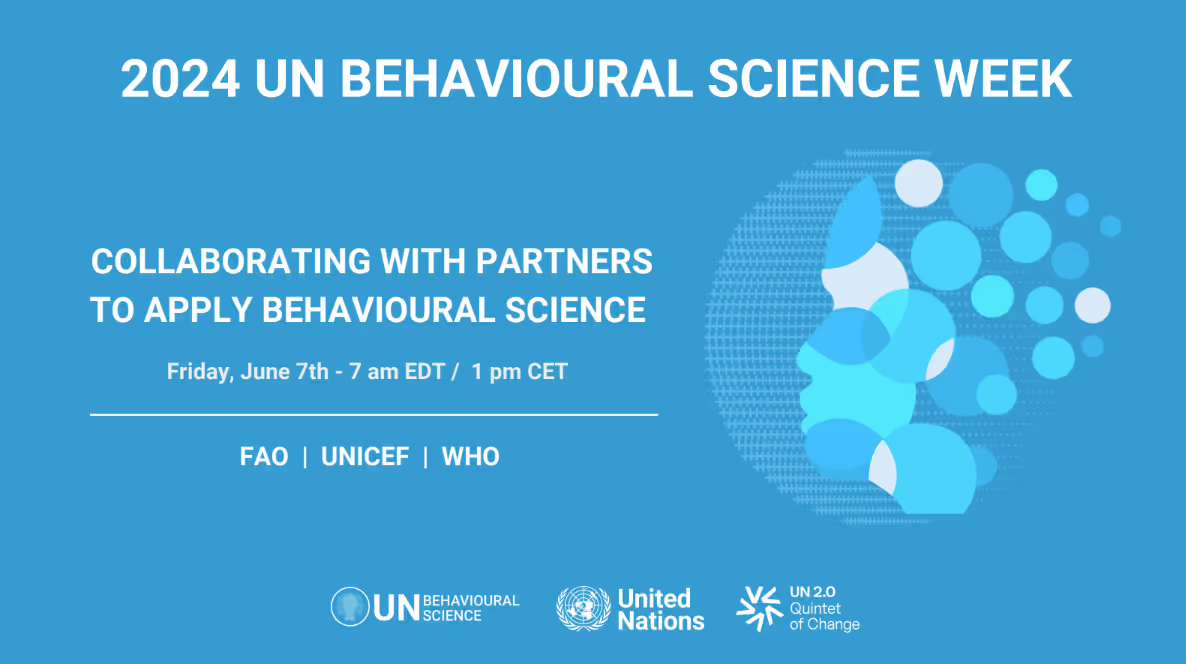


.avif)
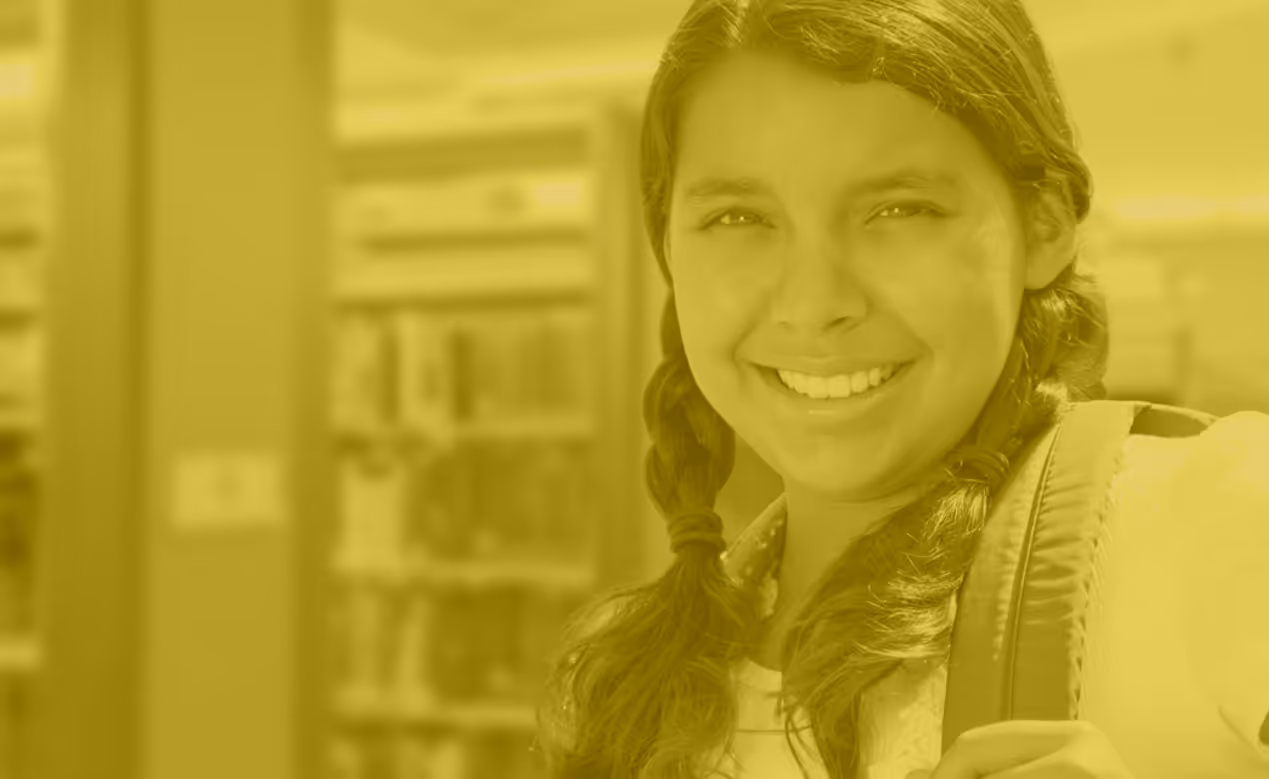


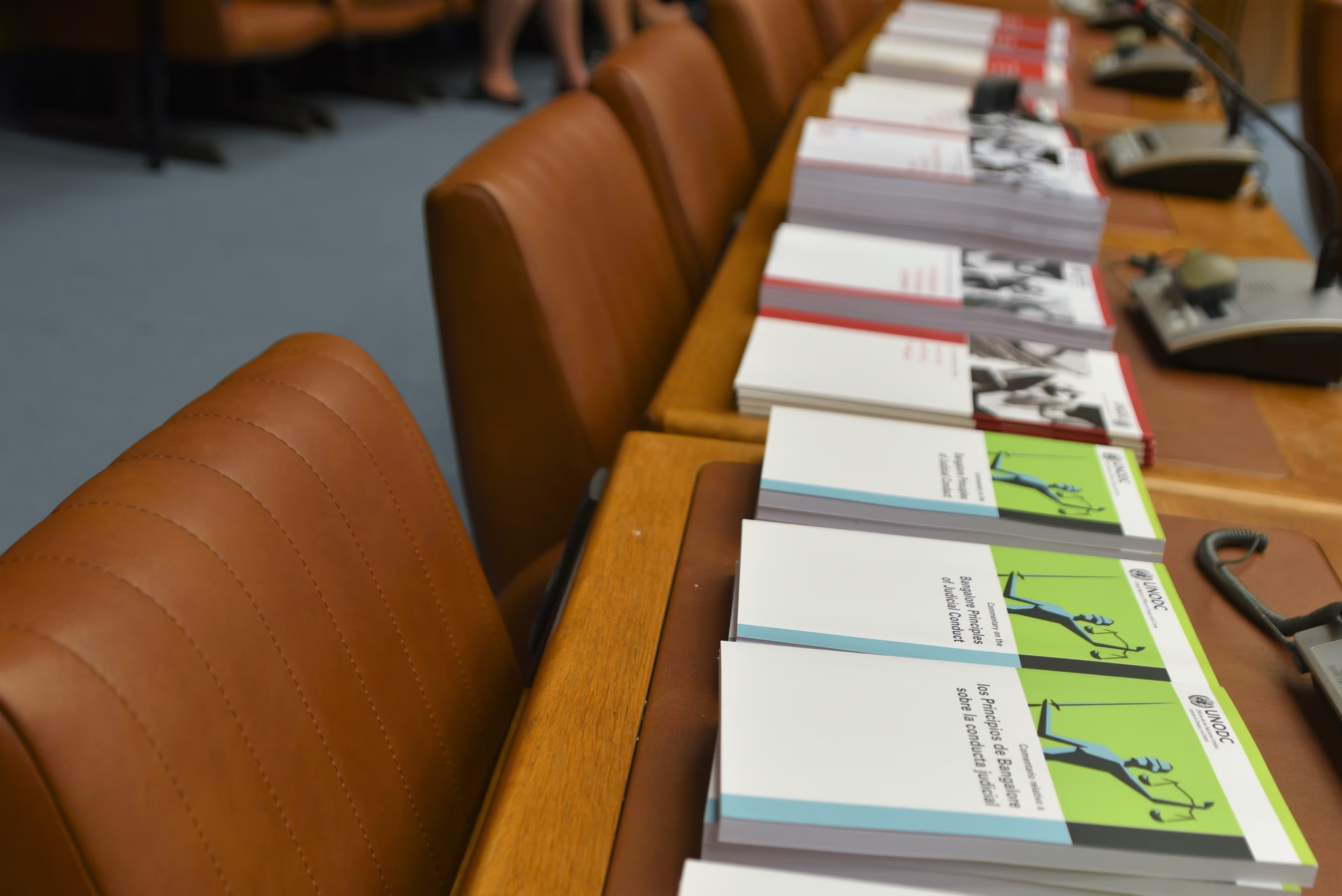
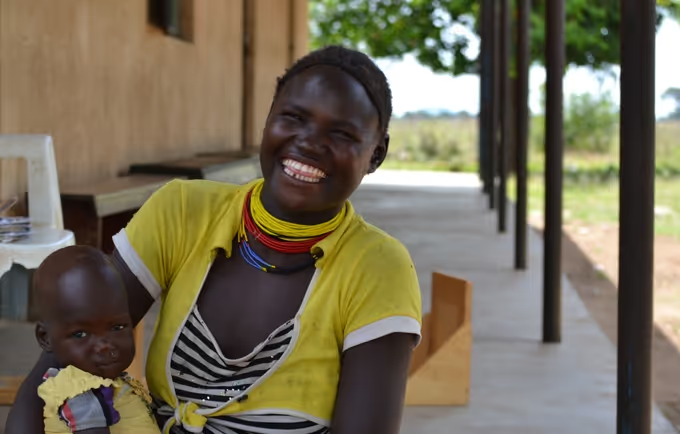
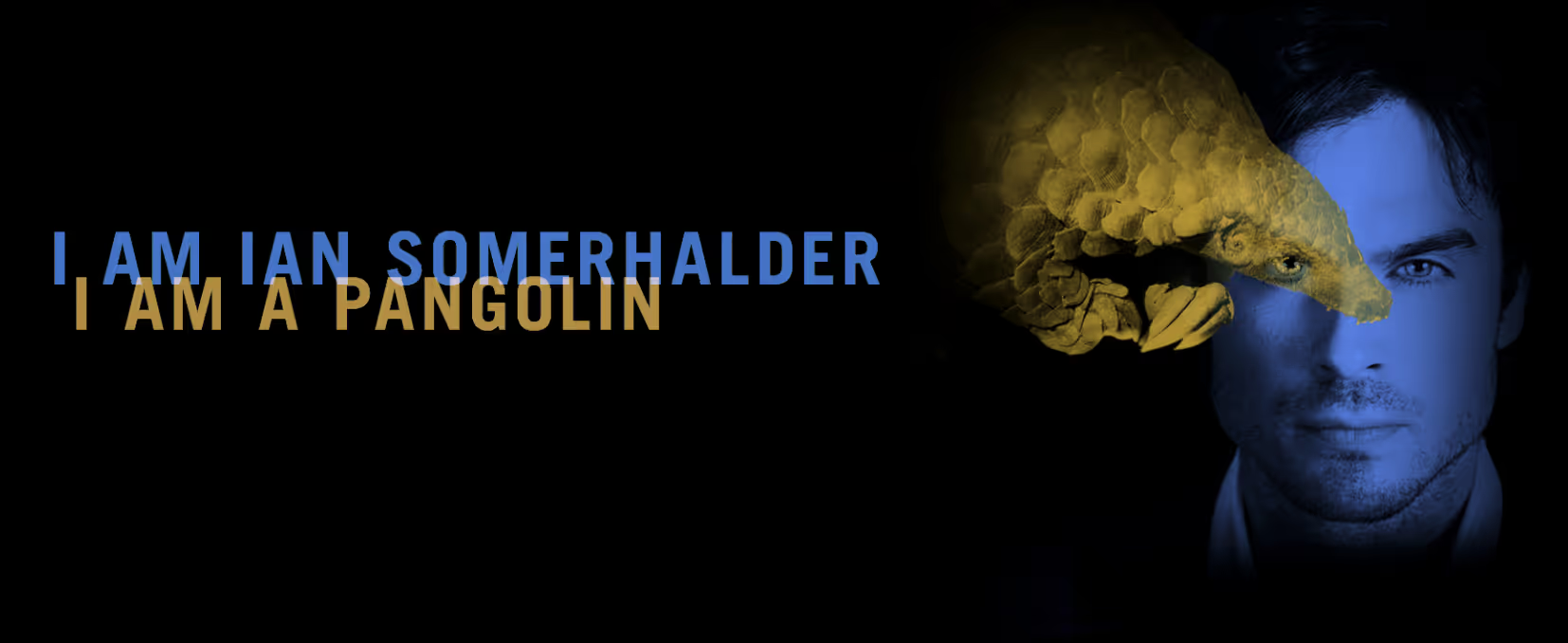
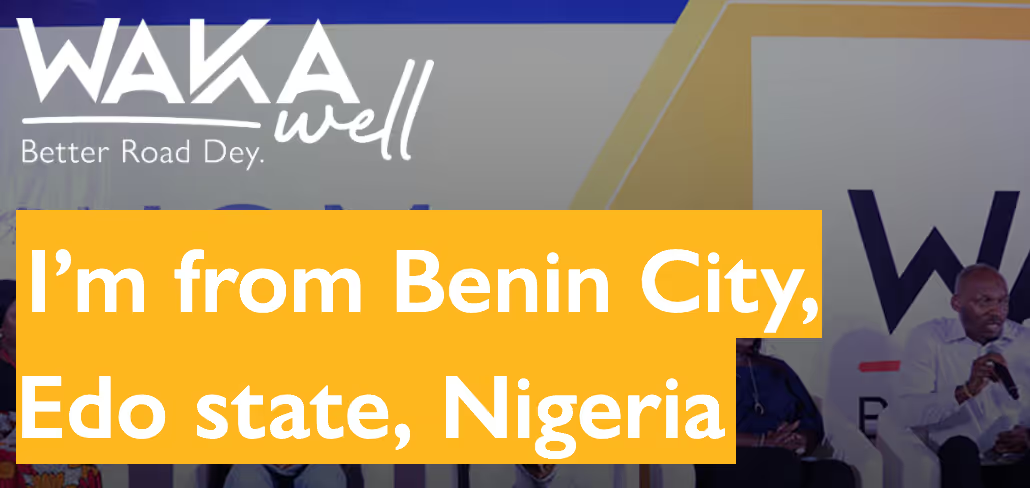
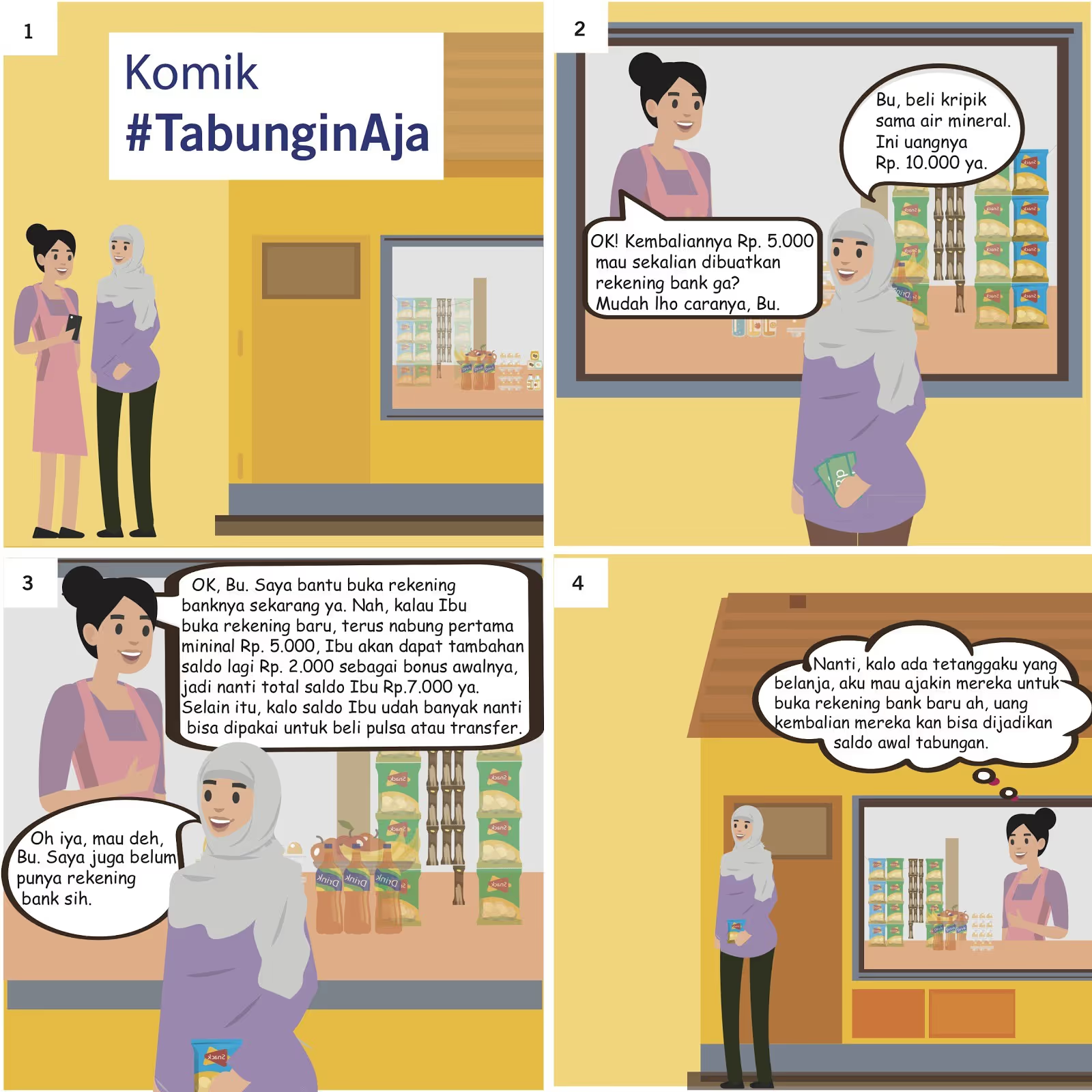

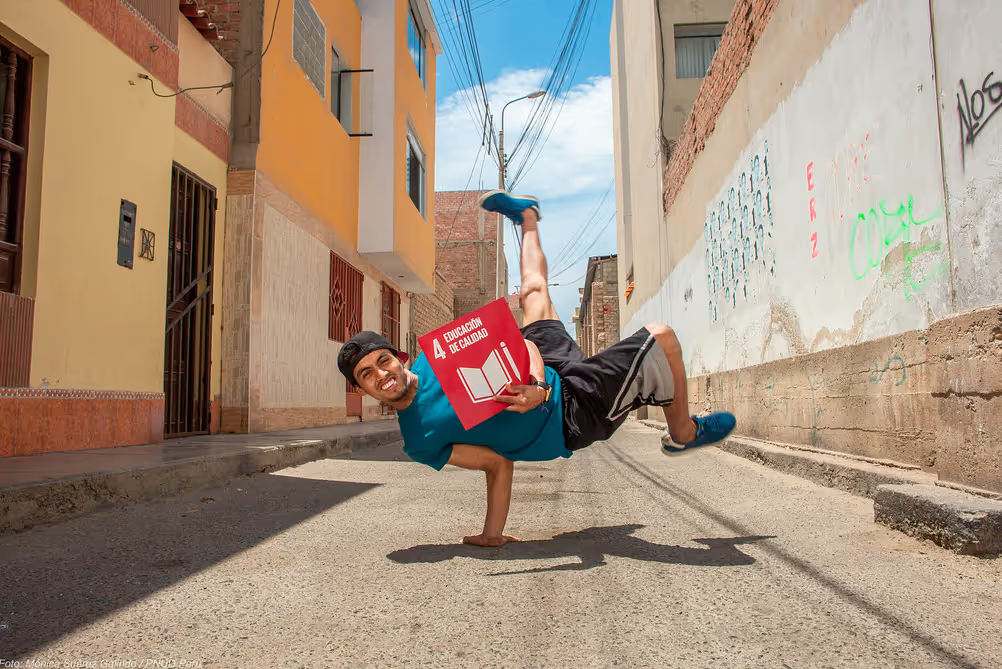

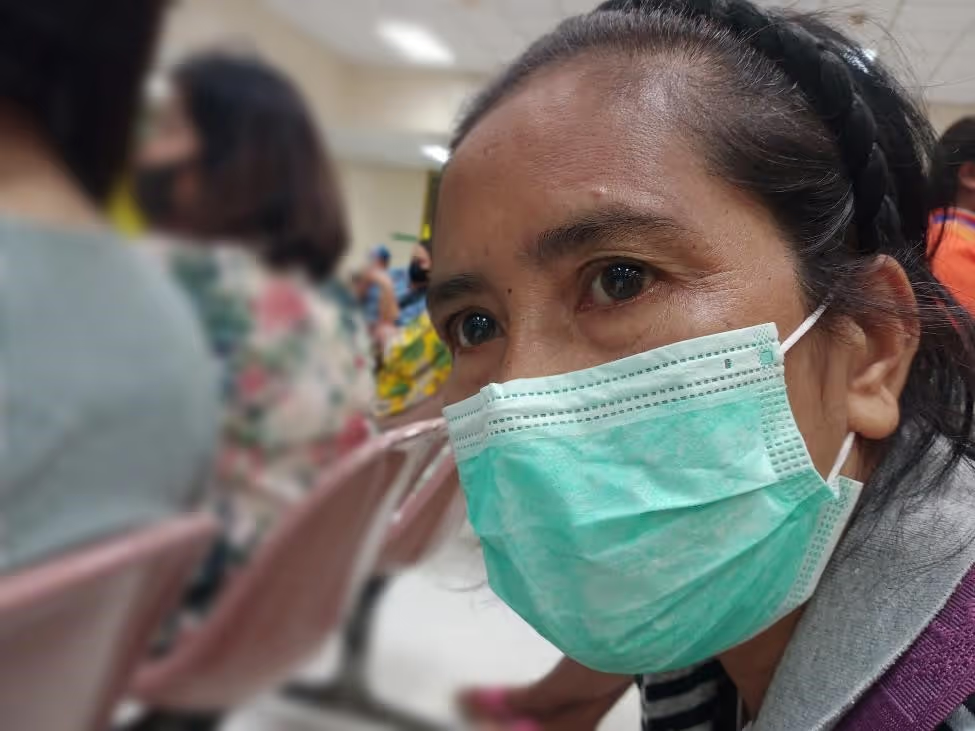
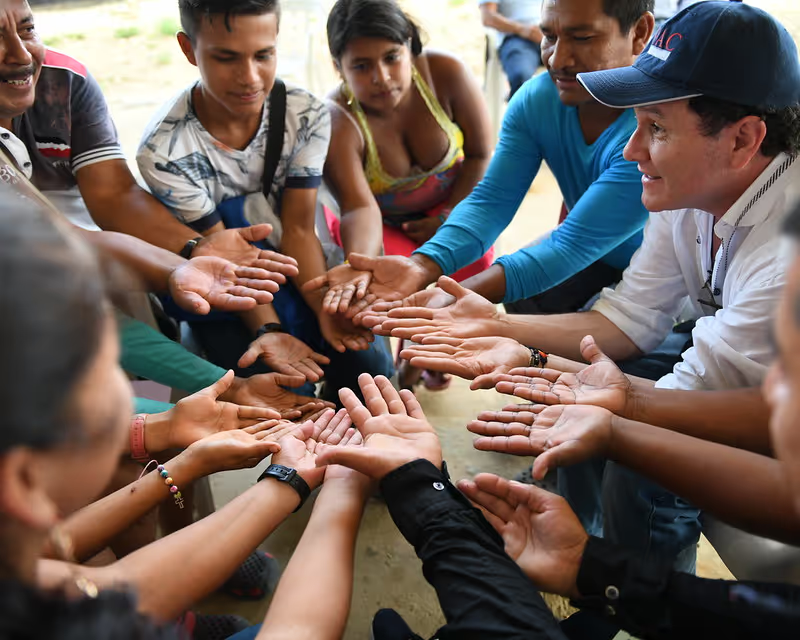

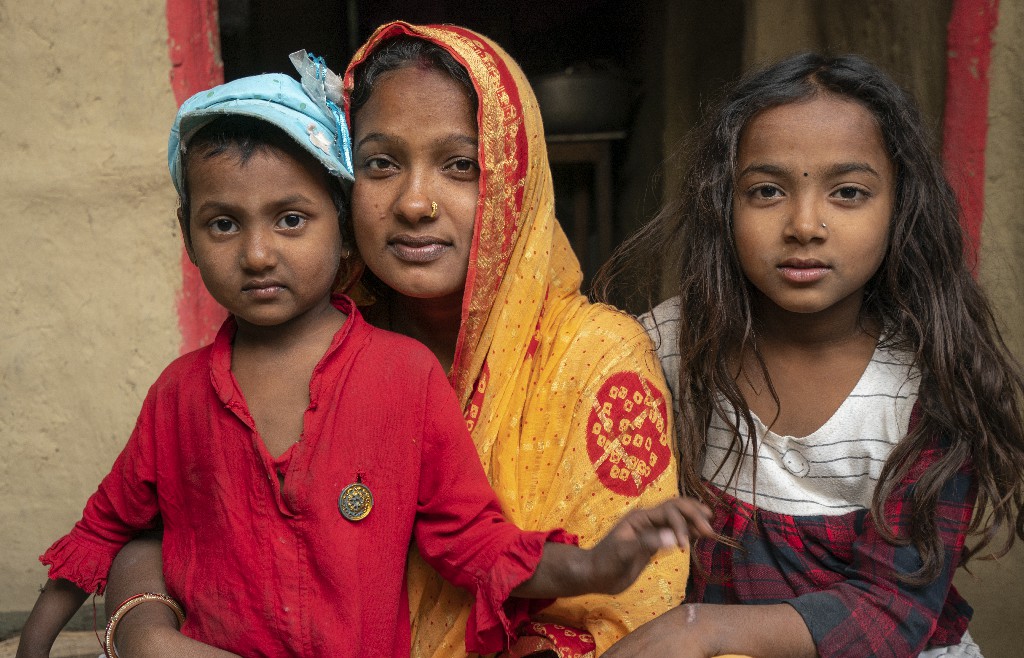
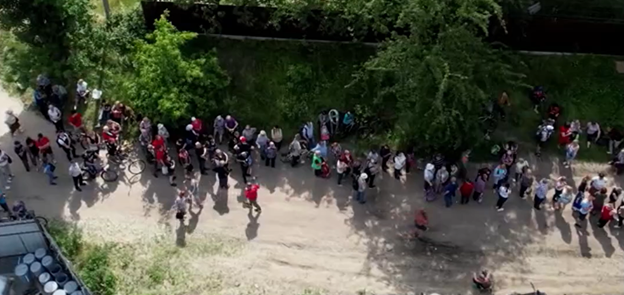
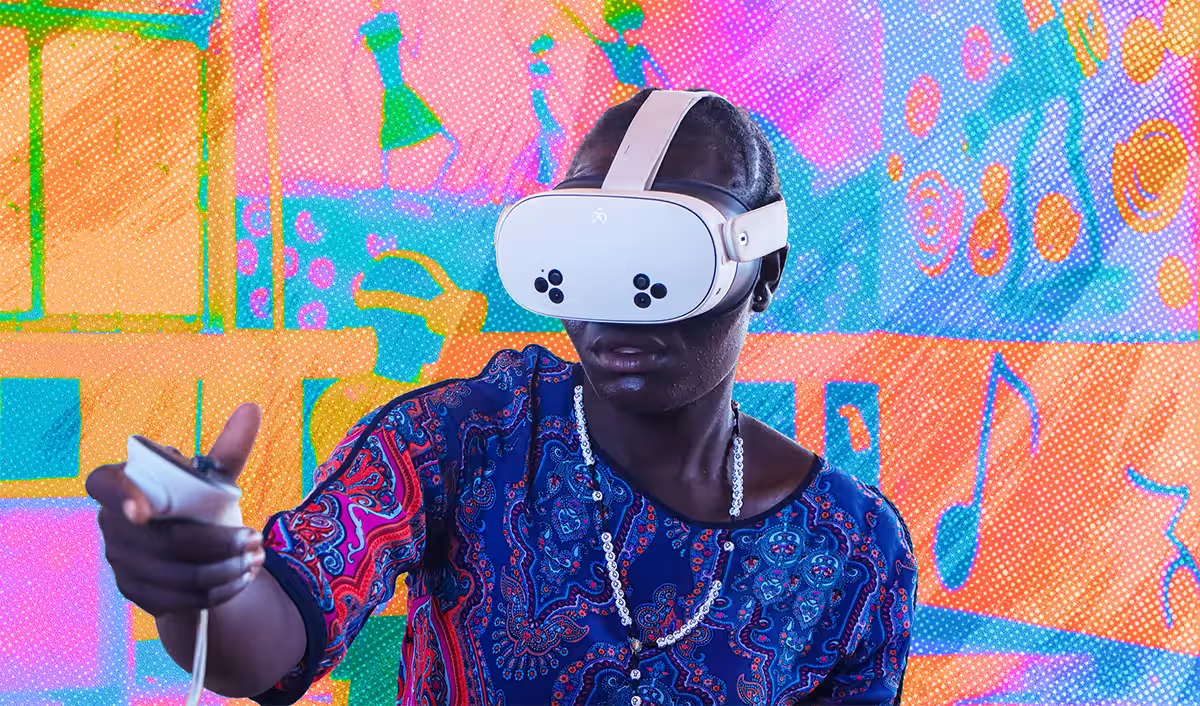


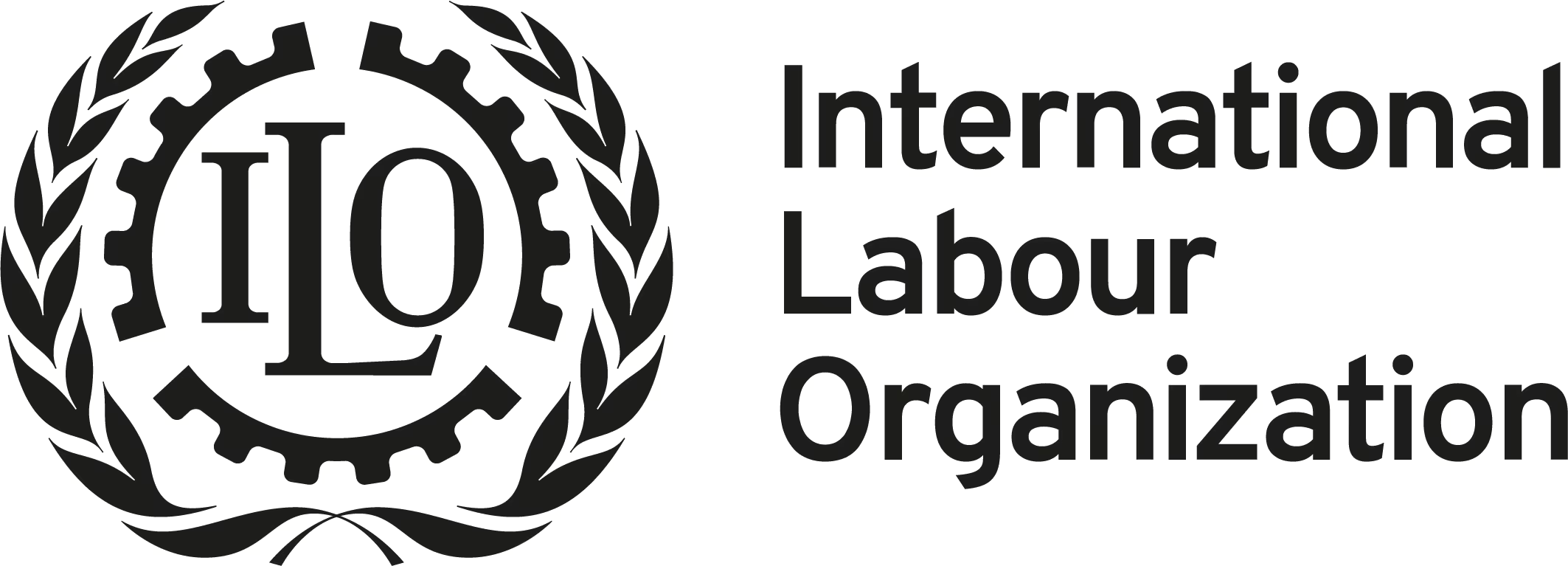

.avif)
